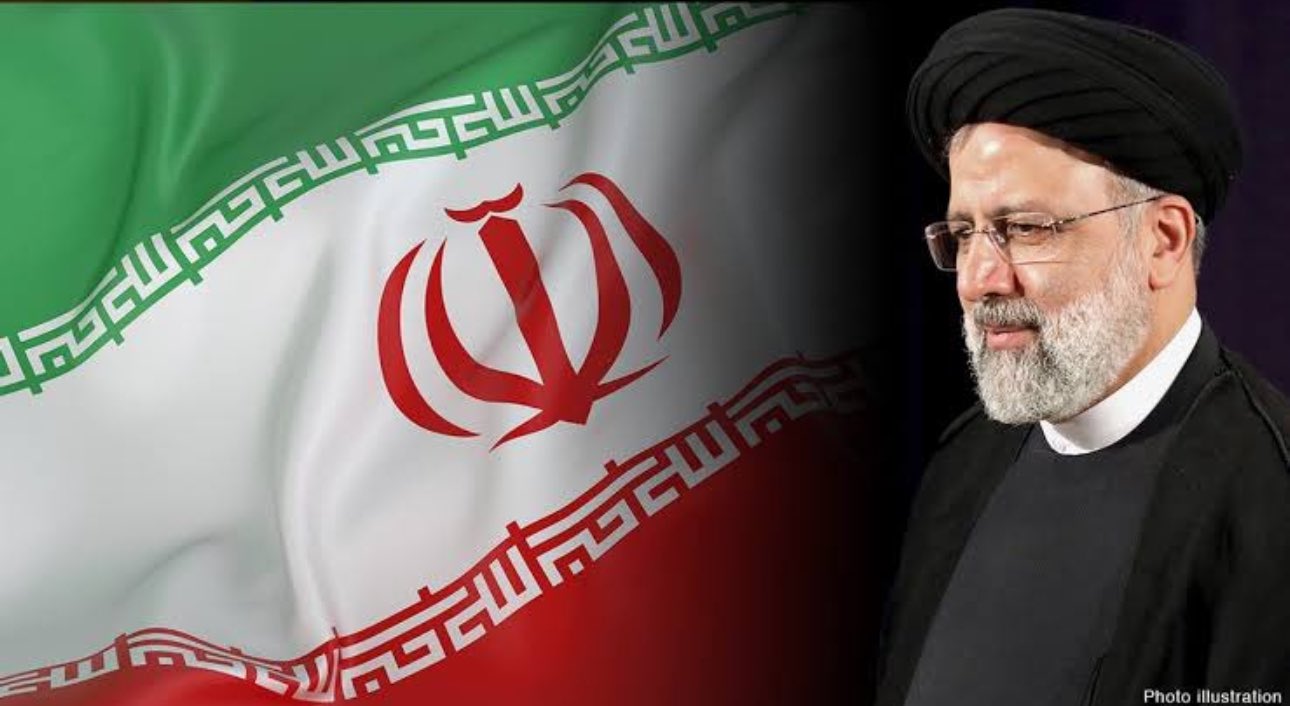Iran attacks Israel with over 300 drones, missiles: What you need to know

Culled from Aljazira.com
Iran unleashed a barrage of missiles and drones on Saturday and during the early hours of Sunday, targeting Israel in retaliation for last week’s suspected Israeli strike on its consulate in Damascus that killed 13 people.
Here is what happened, and what analysts say could happen next.
What happened in Israel and when?
Iran launched a massive aerial attack on Israel, two weeks after a suspected Israeli strike on its consulate in Syria. This marks the first-ever direct attack by Iran on Israeli territory from Iranian soil. Iran called the attack Operation True Promise.
The attack began on Saturday night around 20:00 GMT. It lasted approximately five hours, according to US officials.
During the attack, explosions were heard in cities across Israel, including Tel Aviv. The explosions were also heard in Jerusalem, and air raid sirens sounded in more than 720 locations as Israeli forces sought to shoot down the projectiles.
Israel’s chief military spokesman, Daniel Hagari, said Iran’s attack involved more than 120 ballistic missiles, 170 drones, and more than 30 cruise missiles, according to a report by The Associated Press news agency.
The Israeli military also said that the vast majority of the projectiles were intercepted outside the country’s borders, with help from the United States, the United Kingdom and France. Jordan also shot down some of the missiles aimed at Israel as they were flying through Jordanian airspace.
Israel’s military added that a “small number of hits were identified”. In a base located in southern Israel, “minor damage occurred to the infrastructure”.
A seven-year-old girl was also severely injured by missile fragments, while other patients sustained minor injuries and some were treated for anxiety.
US Defense Secretary Lloyd Austin said on Saturday that the US also intercepted “dozens” of missiles and drones launched at Israel from Iraq, Syria and Yemen.
Where exactly did the attacks take place?
During the attack, Israel’s military ordered residents in the northern Israeli-occupied Golan Heights – near the Syrian and Lebanese borders – and in the southern cities of Nevatim, Dimona and Eilat to remain near bomb shelters.
Nevatim is the site of an Israeli airbase, while Dimona has a nuclear reactor on the outskirts. Eilat is Israel’s southern Red Sea port, which has suffered from a sharp decline in operations because of repeated attacks by Yemen’s Houthis on ships passing through the waterway.
Why did Iran attack Israel?
Iran’s attack is a retaliation for a suspected Israeli strike that killed an Iranian military commander, Major-General Mohammad Reza Zahed, in Damascus on April 1. He was killed along with six other Iranian nationals, including another general. At least six Syrian citizens were also killed.
“It seems that Iranian leaders are determined to take action, but also [be] seen to take action,” David Des Roches, an associate professor at the National Defense University in Washington, DC, told Al Jazeera.
“What that indicates to me is that there are considerations of pride and prestige that are divorced from strategy and tactical utility that may indicate a more dangerous era than we thought,” he added.
Hezbollah, a Lebanese armed group backed by Iran, and the Israeli military have been trading attacks across the Lebanon-Israel border since October 8, the day after the Hamas-led attack in southern Israel and Israel’s brutal retaliation on the besieged Gaza Strip. Since then, more than 330 people in Lebanon have been killed in Israeli attacks, including at least 66 civilians. Hezbollah attacks have killed at least 18 people on the Israeli side, 12 soldiers and six civilians.
On Saturday, Iranian state media announced that the the country’s armed forced had seized an Israel-linked container ship near the Strait of Hormuz.
What is the Israeli government saying?
Israeli Prime Minister Benjamin Netanyahu said his country “will win”, in a tweet after the attacks. Earlier, he spoke to the nation, stating that the military was prepared for any scenario.
“Citizens of Israel, in recent years, and especially in recent weeks, Israel has been preparing for a direct attack by Iran,” Netanyahu said.
“Our defensive systems are deployed; we are ready for any scenario, both defensively and offensively. The State of Israel is strong. The [Israeli army] is strong. The public is strong.” He also thanked his allies, including the US and UK, for “standing alongside” Israel.
“We have determined a clear principle: Whoever harms us, we will harm them. We will defend ourselves against any threat and will do so level-headedly and with determination,” he added.
After the attack was over, Israeli Defense Minister Yoav Gallant said that the attack had been “blocked”.
“The Iranian attack was blocked in the most impressive way, together with our partners, the Americans and others… The entire world saw today who is Iran – a country of terror,” Gallant added.

